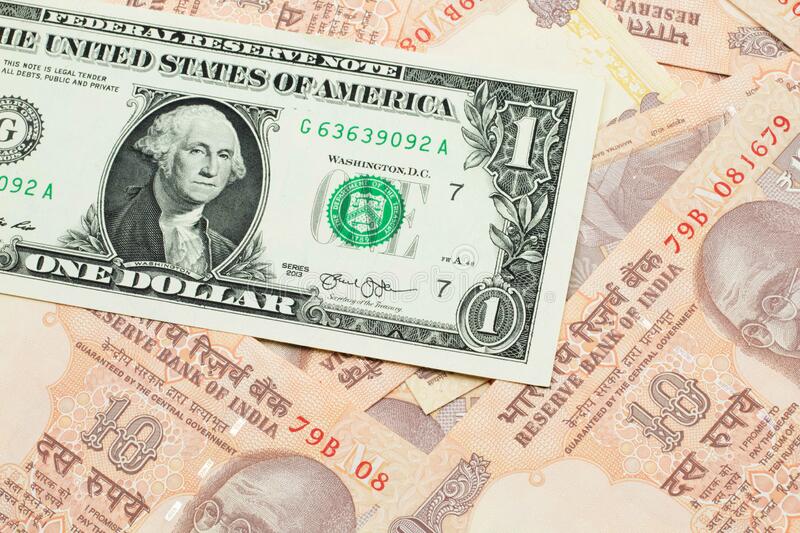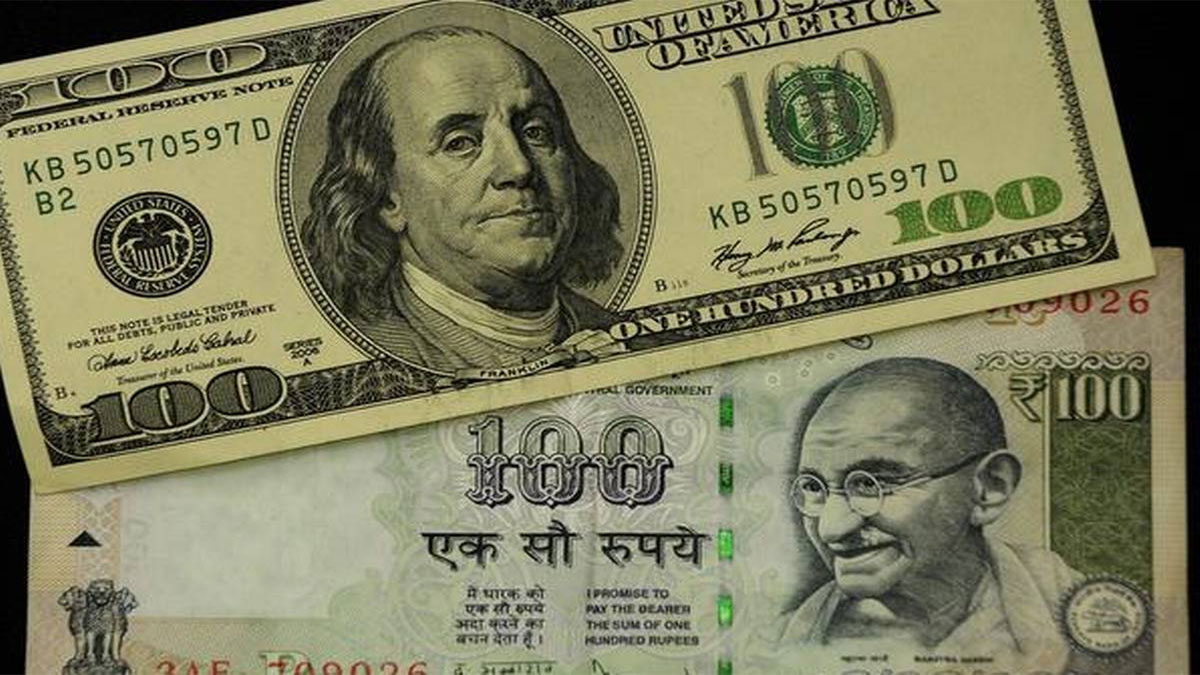Since the Reserve Bank of India intervened to stop speculative trading, the once-thriving currency derivatives markets are in terminal decline, with volumes falling by about 98% in less than six months and the majority of dealers moving to offshore exchanges.
The average daily turnover for currency futures and options on the National Stock Exchange (NSE) decreased from Rs 1.56 lakh crore in March to just Rs 6,903.61 crore in October. The turnover has hit Rs 3,570.26 crore per day so far in November.
With its average daily volume plummeting by almost 99% from Rs 6,161.65 crore in March to just Rs 68.88 crore in October, the BSE experienced an even more severe decline. Similar to August and September, there has been little activity in the BSE’s currency futures thus far this month.
With its average daily trading volume plummeting by almost 99% from Rs 6,161.65 crore in March to just Rs 68.88 crore in October, the BSE experienced an even more severe decline. Similar to August and September, there has been little activity in the BSE’s currency futures thus far this month.
The RBI stated in January that all currency contracts denominated in rupees must be supported by legitimate, unhedged underlying exposure. Traders had to verify the existence of an exposure even though they might take positions worth up to $100 million without providing evidence. The rule was put into force in May with the goal of reducing speculative trading.
According to a forex dealer at a major private bank, foreign portfolio investments have moved to offshore markets since liquidity in India has dried up. Trade in rupee-dollar futures has significantly increased on the Singapore Exchange (SGX) and Dubai Exchange.
In October, open interest in rupee-dollar futures on the SGX more than quadrupled to around 163,000 contracts, up from an average of 75,500 contracts in January. Over 200,000 contracts were traded every day on SGX at its height in July and August, highlighting the allure of international exchanges for less stringent regulations.

